Following a few decades of decreases in the quality and quantity of inmate food, University of Arizona doctoral candidate Michael Gibson-Light says that ramen noodles have replaced cigarettes as the most popular underground currency in the prison economy.
Gibson-Light’s conclusion followed a 12-month sociological study of a state-run U.S. prison, where he interviewed 60 inmates and staff members. “Prisoners are so unhappy with the quality and quantity of prison food that they receive that they have begun relying on ramen noodles—a cheap, durable food product—as a form of money in the underground economy,” Gibson-Light said in a news release Monday. “Because it is cheap, tasty and rich in calories, ramen has become so valuable that it is used to exchange for other goods.” Gibson noted that inmates used Ramen packs to barter for other food items, clothes, hygiene products, services, and in lieu of bargaining chips during card games.
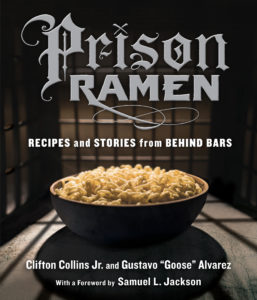 While the study’s finding may be shocking to some, former inmate and Prison Ramen co-author Gustavo “Goose” Alvarez says it will not come as a surprise to anyone who has spent time in prison.
While the study’s finding may be shocking to some, former inmate and Prison Ramen co-author Gustavo “Goose” Alvarez says it will not come as a surprise to anyone who has spent time in prison.
In an interview with the Washington Post, Alvarez explained, “It got to the point where some people would rather have a decent meal than a stogie, especially the way they’re feeding us in prison.” More bleakly, Alvarez relayed, “People will actually—and I hate to say this but—they’ll kill for it, believe it or not.”
While incarcerated, Alvarez and other prisoners took pride in creating new and inventive ways to serve the valued commodity. For some of these recipes, and more stories from behind bars, check out Prison Ramen here.
And click here to read Taryn Manning’s entry in the book.

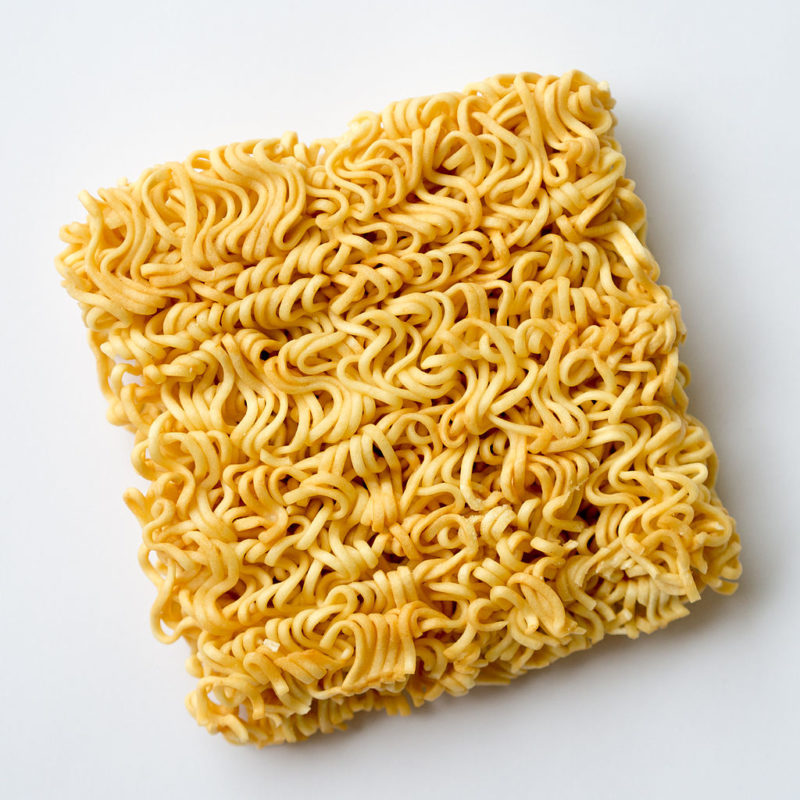
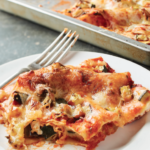
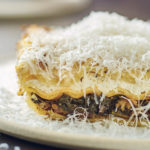
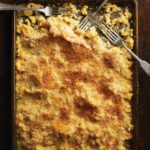
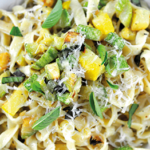
No Comments